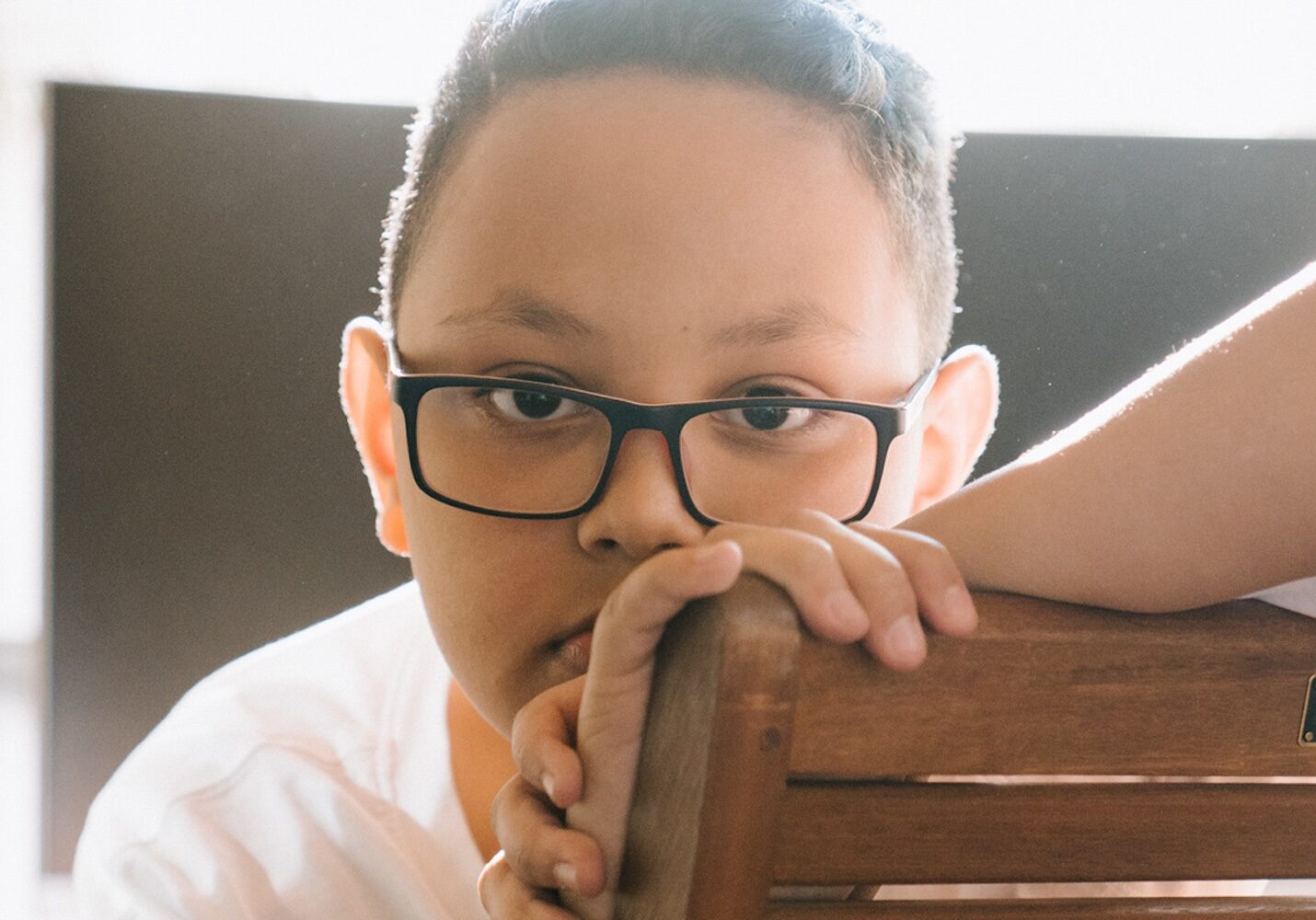Top Four Questions About Developmental Trauma
- May 26, 2022
- Resources

What Is Developmental Trauma and What Can We Do?
Developmental trauma can be detrimental to the health and well-being of children who are exposed to abuse and neglect, which impacts their development. Learn more about what developmental trauma is, its effects and why it’s so important we do all we can to address it in our communities.
What is trauma?
Though developmental trauma is our focus, it’s important to understand what trauma is in general. Trauma is broader and more common than people realize. It is an emotional response to anything that happens to a person, group or community that causes a sense of upheaval and feeling of threat. Anything that is disruptive to a person’s sense of safety and predictability can fall into this category. People can even feel traumatized if they are adjacent to a traumatic event, especially if it threatens their safety. The important thing to know is that everyone experiences trauma differently and has a different reference point for what is traumatic to them.
What is developmental trauma?
Developmental trauma includes everything general trauma entails, but differs in that it impacts children early in their neurodevelopment. That means that as the brain develops—most rapidly between ages zero to five—trauma can have more severe effects on a child. This is the time when a child learns to walk, talk, feed themselves, separate from their caregiver and develop social skills. These are all key developmental touchstones that happen rapidly during a short period of time.
It’s important to note that these touchstones happen in the context of some sort of caregiving relationship. This is called attachment: there is an attachment component between the caregiver and child that the child depends on to properly develop these skills. These skills are scaffolded and built in the present of a parental, kinship or community unit. Adversity that’s chronic within these relationships can have serious long-term effects on a person if they are unable to develop healthily and safely.
What are the effects of developmental trauma?
When we talk to parents and try to get a feel for their history and caregiving experience, a lot of times we find that the types of abuse and neglect that can cause developmental trauma are generational. Adults and teens with early developmental trauma throughout their childhood are more likely to be engaged in the justice system, vulnerable to abusing substances, likely to have relationship problems and at risk for mental health issues.
As important as current mental health issues are when assessing a caregiver who is inflicting abuse and neglect on a child, it’s also important to understand the role that their early experiences played in their development. It’s important to know what they’re coming to the table with. The narrative needs to shift from “What’s wrong?” to “What happened?”
What can we do to address developmental trauma?
As we gain a deeper understanding of developmental trauma, the more important it becomes that we take that knowledge and create opportunities to intervene in meaningful ways. This not only needs to happen clinically through the sorts of therapeutic services we provide at FamilyForward, but also at a community level. We need to communicate the lens we understand developmental trauma through and invest in making sure that information gets to the right spaces. For example, school can be tough on a child who has experienced developmental trauma. We can help schools see those children through a different lens and instead of punishing them facilitate a support system and community that is understanding and empathetic.
To learn more about how we address developmental trauma, click here.
Recent Posts
Resources
Put Me In, Coach: Strategies to Prepare for Success with Extra-Curricular Activities
October 3, 2024
